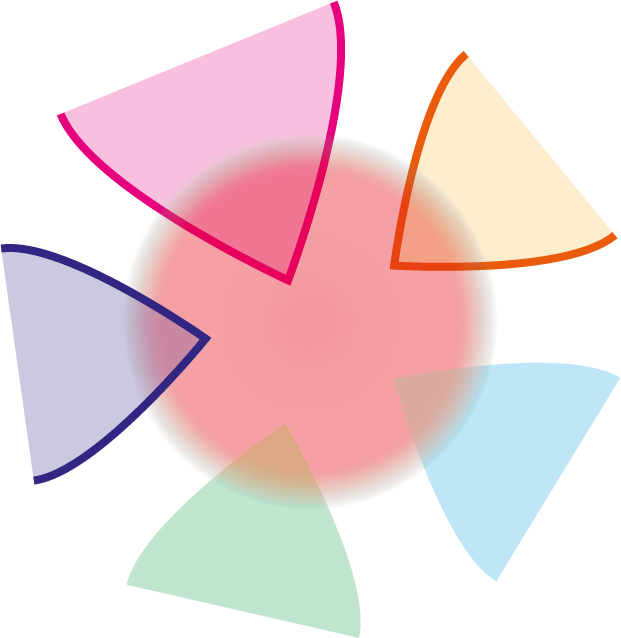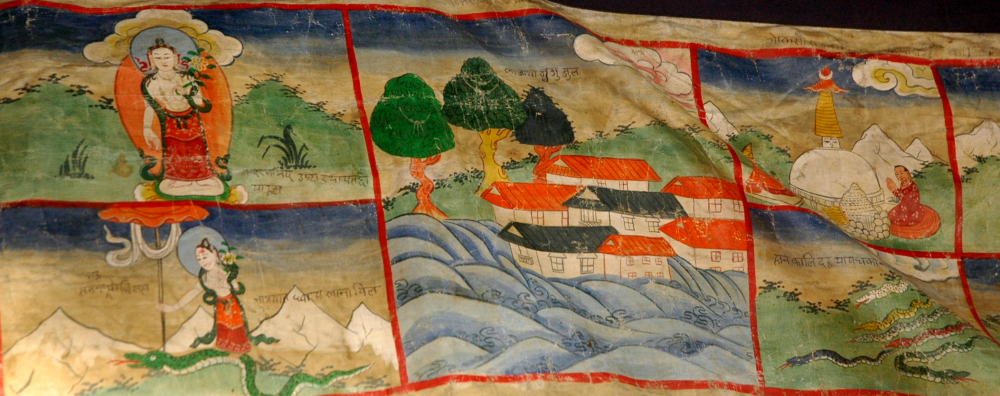On 8–9 November we had our Workshop on “Calamities and Countermeasures in Pre-modern South Asia” here in Vienna. And, for a workshop on such a topic, it went surprisingly well. You can check out the programme here: https://epidemics.univie.ac.at/the-project/calamities-workshop-program/
As the aims of the event included the preparation of a collected volume, we agreed on several preconditions to ensure a productive meeting:
- The participants sent papers in advance for pre-circulation, so that everyone had an idea about what will be presented in the talks.
- Every participant agreed to reading at least two of the other submissions before the event and act as a discussant for these two. This resulted in meaningful feedback during the workshop.
- To ensure fruitful discussions, the workshop was not open to a wide general audience, but to interested colleagues who could contribute to the topics discussed at the event.
- For ecological reasons and to make participating easy, the workshop was planned as a hybrid event, allowing for lively discussions on site, but also enabling those who could not come to Vienna to take part.
- We allotted 45 minutes to each paper, 20–25 for the presentation, the rest for discussion.
While in general the workshop went quite smooth, there are a few things that we learned here:
- There can never be enough time for discussion, especially if the audience is well-prepared. The format repeatedly resulted in dialogues only between the presenters and the pre-elected discussants, and left little time for questions and remarks from the rest of the audience. While this resulted in well-thought, meaningful feedback, more diverse reactions would have been welcome.
- The hybrid format always has its drawbacks. While it is better to have this option than to simply exclude people who cannot participate on site, it is difficult to include them in the same way as the people in the room. We tried our best, still it does not feel completely satisfactory.
- The concept of pre-circulated papers and pre-defined discussants was a success. It results in well-prepared presentations, an informed audience and meaningful discussions. However, it entails a knowledge gap between the contributing participants who had access to the pre-circulated papers, and the guests who only joined for the workshop. It could help to ask the contributors to prepare their presentation in a way that makes it enjoyable also for someone who has not read the paper. In most cases, however, I have the impression that this was not a serious issue.
Now we look forward to the next steps on the way towards the publication of the proceedings. One idea that sprung from the workshop builds upon the pre-circulation: After submission of the final articles, we intend to once again share them among ourselves and thus organize our own open peer review before sending the whole volume to the publisher. Curious how this will work out.

